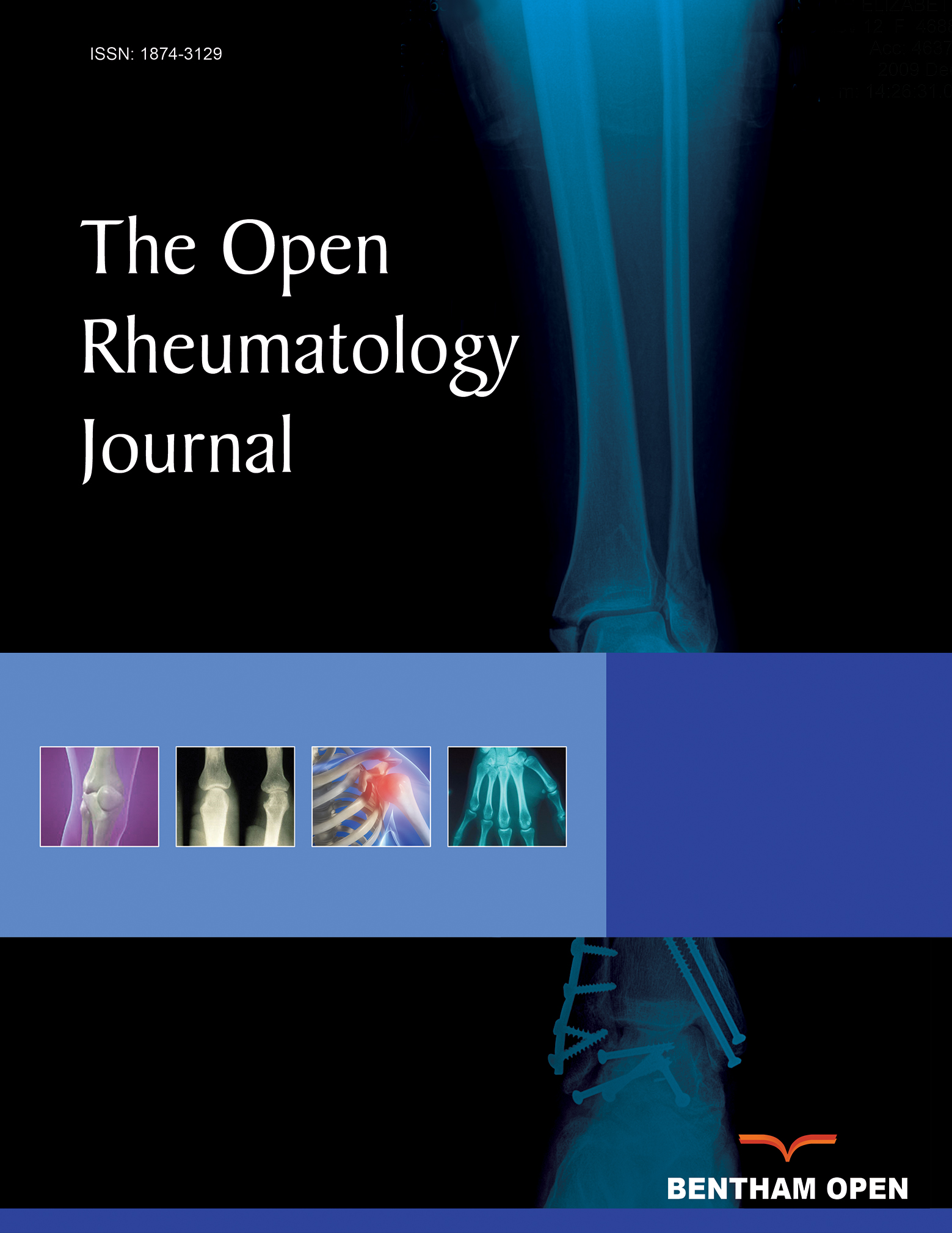All published articles of this journal are available on ScienceDirect.
Serum Level of Endothelial Cell-Specific Molecule -1 (ESM -1) as a New Potential Biomarker for Rheumatoid Arthritis Disease Activity
Abstract
Background:
Rheumatoid arthritis is a chronic inflammatory autoimmune disease characterized by destruction of the joint cartilage and bone. Endothelial dysfunction (ED) in RA may be related to disease activity. Our objective is to explore serum levels of endothelial cell-specific molecule-1 (ESM-1) as a biomarker for RA disease activity.
Methods:
A cross-sectional study was carried out and included 83 adult patients with RA, in addition to 20 healthy subjects (age and sex-matched) as a control group. Based on Disease Activity Score in 28 joints (DAS-28), the patient's group was subdivided into four subgroups(remission, mild, moderate and severe disease activity state). The demographic & clinical data, BMI, DAS-28 and Serological assessment [Erythrocyte Sedimentation Rate (ESR), CRP, Rheumatoid Factor (RF) and Anti-Citrullinated Peptide Antibody (ACPA)] were recorded. ESM-1was assayed for all participants.
Results:
Serum levels of ESM1 were significantly higher in the patient group than the control group (P < 0.0001). ESM-1 serum levels were significantly higher in patients with severe disease activity subgroup compared with patients with remission and mild disease activity subgroups (P < 0.0001). ESM-1 was positively and significantly correlated with DAS-28 score, The Health Assessment Questionnaire Disability Index (HAQ-DI) and modified Larsen score (P = 0.002, 0.0001 & 0.0001 respectively).
Conclusion:
ESM-1 could be a biomarker for RA disease activity.


